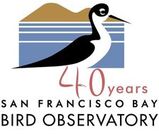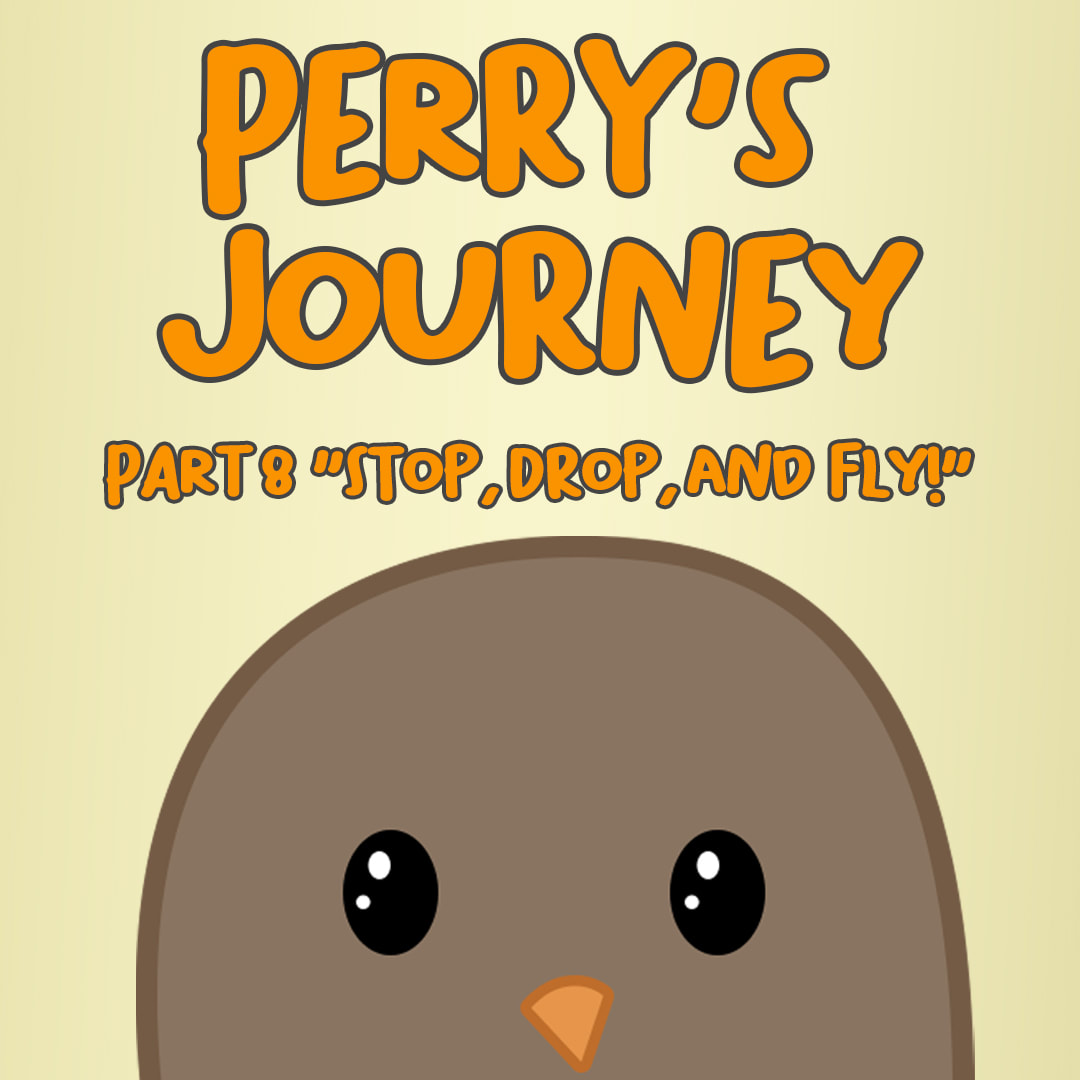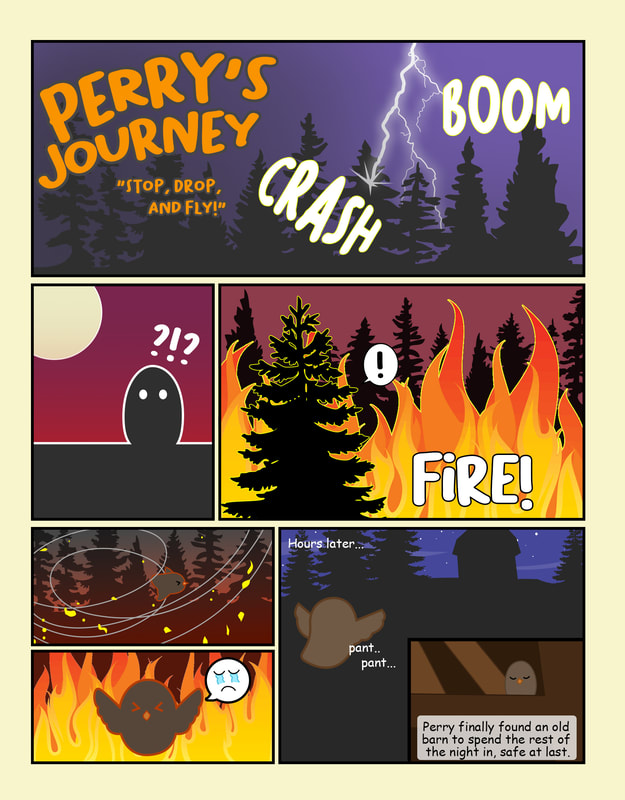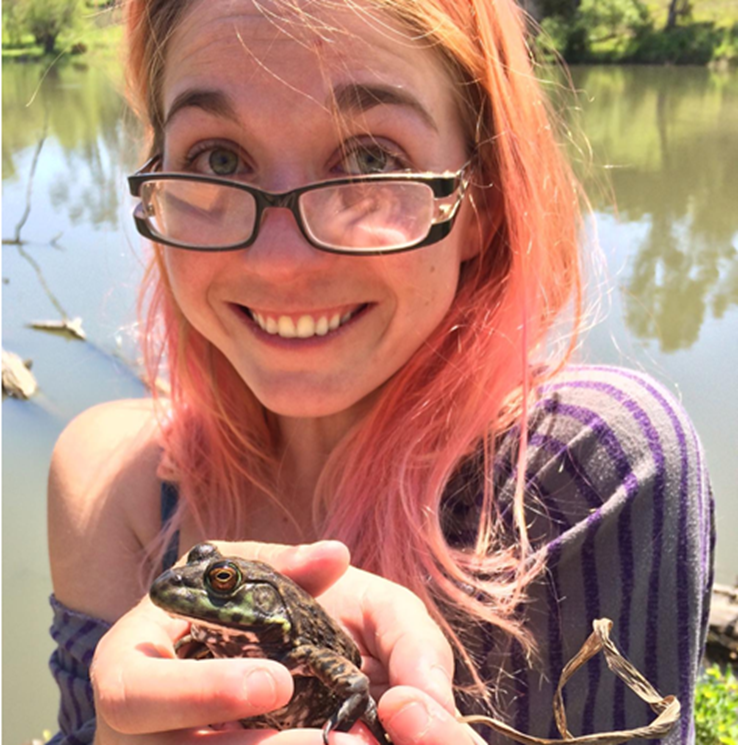|
By Science Outreach Intern Katrina McCollough
Issue Spotlight - Wildfires Fires, by themselves, are not bad. Long before there was agriculture humans were using controlled burns to manage lands. Controlled burning, also known as prescribed burning, involves setting planned fires to maintain the health of a forest. These burns are scheduled for a time when the fire will not pose a threat to the public or to fire managers. In addition, forest conditions should call for a controlled burn and weather conditions should be right to allow burning but not enable a fire to spread out of control. Mother nature was doing ‘controlled burns’ long before we ever showed up, but with our own forest management practices as well as human development, we have thrown off the system. Now, instead of a shrubby hill burning down, providing fertilized soil and systems of seed dispersal, it’s millions of dollars’ worth of property burning Controlled burns can be incredibly helpful for birds by restoring crucial bird habitat by burning off invasive plants, and they can be helpful in cleaning our forests of accumulated underbrush that are highly flammable. However, when a fire gets out of control and decimates millions of acres it becomes a serious issue. For instance, The CZU Lightning Complex that burned Big Basin was only one of many fires in 2020 which took out a total of over 4 million acres. Why are we seeing an increase in fires? The simple answer is not enough rain and snow in the winter plus extremely dry summers with windy lightning storms, the broader answer is climate change. One of the science outreach interns here at SFBBO did a special communications campaign about the effects of climate change on birds that you can check out one our social media. Guest speaker Maya Khosla also did a wonderful Birdy Hour on the topic for SFBBO. What We Can Do Forest fires and climate change are state-wide, nation-wide, world-wide problems. The answer to these big problems takes communities working together with legislation to make a long-term impact (for the better). But we can all take Smokey the Bear’s advice and protect our forests from forest fires: make sure your campground fires are completely out, don’t discard lit cigarettes, and don’t set off fireworks anywhere there is even the smallest chance of anything catching on fire. The Mission of Perry's Journey - A Message from the Illustrator It’s important we understand that just because birds can fly over it all, doesn’t mean they aren’t affected by what’s going on down here on the ground. The population of North American birds has dropped by nearly 30% since the 1970s, that is a total of almost 3 billion birds. Gone. Birds are incredibly important to the balance of our ecosystems: they are essential as pollinators and for seed dispersal, particularly for native plants, and they feed on and help control a variety of critters we consider pests like insects and rodents. Bird studies teach us about climate and the environment, and the birds themselves are key indicators of environmental change. And, most simply, birds are beautiful, and they provide us with music and joy. The protagonist of this story, Perry, is doing his part as a bird, migrating to his northern breeding location to hopefully pass on his little brown bird genes. It’s all he can do. Perry’s Journey illustrates the important journey of birds like him across the globe, who are doing their parts to help. Migrating birds are disproportionately affected because they need not just one habitat, but multiple habitats that can serve as stopping points along their journeys. We call these migration corridors and it’s important that they are protected: for the birds’ sakes as well as our own. Birds like Perry can’t control what happens on the ground, or in the water and air, but we can. During Perry’s journey over the couse of ten posts, we will go into some of the main issues facing not just migrating birds, but all birds, and what you can do to help. To support SFBBO's work to conserve birds and their habitats through science and outreach, please make a donation to our Spring Appeal!
0 Comments
Your comment will be posted after it is approved.
Leave a Reply. |
WingbeatWingbeat is a blog where you can find the most recent stories about our science and outreach work. We'll also share guest posts from volunteers, donors, partners, and others in the avian science and conservation world. To be a guest writer, please contact [email protected]. Archives
July 2024
Categories
All
|
San Francisco Bay Bird Observatory ● 524 Valley Way, Milpitas, CA 95035 ● 408-946-6548 ● [email protected]




 RSS Feed
RSS Feed